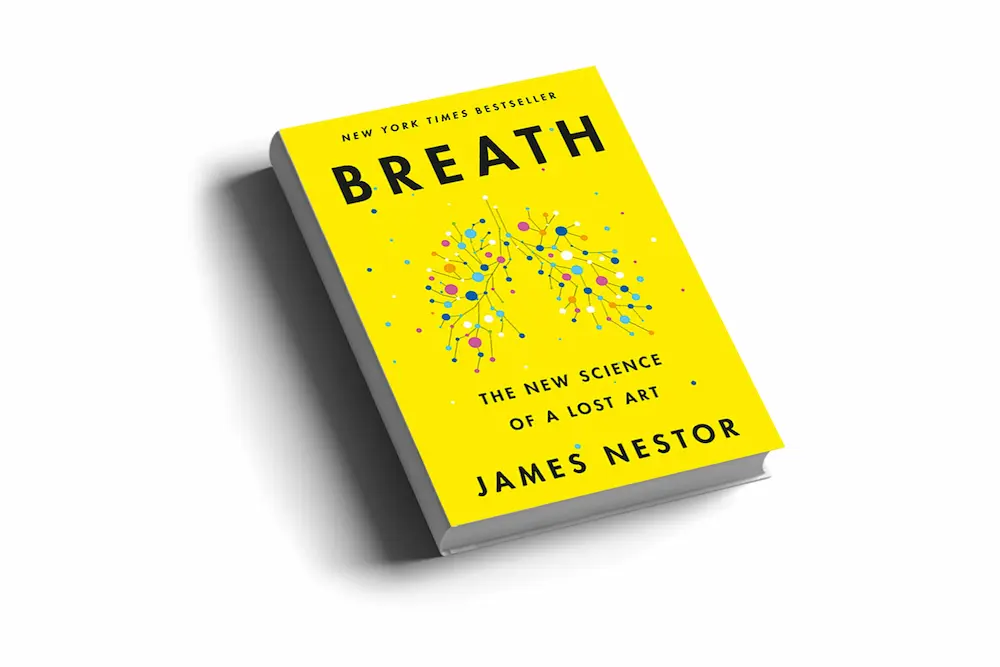When you see someone with dark circles under their eyes, you probably wouldn’t think that they’ve just returned from a relaxing vacation. Chances are they’ve been tossing and turning, and the lack of beauty sleep is starting to show.
It’s true: There is a link between the quality of sleep we get and how healthy our skin is. In fact, the long-term effects of obstructive sleep apnea (OSA) may include chronic skin conditions such as psoriasis and eczema. Read on to learn about the effects of a poor night’s sleep, the link between sleep apnea and skin disease, and what you can do to make your symptoms better.
The Effects of a Poor Night’s Sleep
Sleep helps us in several ways, including through cellular restoration. “It lets your body and brain repair, restore, and reenergize,” according to Healthline. After spending a day in the sun or maybe getting a small cut while making dinner, sleeping helps your body repair those damaged cells.
So what happens when you’re not sleeping so well? Nothing good. Lack of sleep can cause dry skin, dull skin, dark circles under your eyes, and even faster aging. These symptoms may also manifest as some of the long-term effects of obstructive sleep apnea.
“Sleep apnea happens when upper airway muscles relax during sleep and pinch off the airway, which prevents you from getting enough air,” says Jonathan Jun, MD, a pulmonary and sleep medicine specialist at the Johns Hopkins Sleep Disorders Center. “Your breathing may pause for 10 seconds or more at a time, until your reflexes kick in and you start breathing again.”
If that sounds stressful, that’s because it is—literally. Sleep deprivation, and particularly sleep apnea, can increase how much of the stress hormone cortisol is released. Cortisol can wreak havoc on your skin, breaking down collagen and other proteins, making it more likely for you to develop wrinkles.
The Link between Sleep Apnea and Skin Disease
Beyond wrinkles, the long-term effects of obstructive sleep apnea may also include skin diseases like psoriasis and atopic dermatitis (AD or eczema). Psoriasis and eczema are both chronic conditions that cause red, itchy, scaly patches on the skin. What’s the link between sleep and skin disease?
“Both OSA and psoriasis are associated with systemic inflammation,” according to research in the Journal of Clinical Sleep Medicine. “Activation of inflammatory pathways mediated by OSA may predispose at-risk individuals to the development of psoriasis.”
Psoriasis is believed to be caused by both genetic and environmental factors, and “many people who are predisposed to psoriasis may be free of symptoms for years until the disease is triggered by some environmental factor,” according to the Mayo Clinic. Some of these environmental factors could be an infection, cold weather, sunburn, alcohol consumption, or even stress. Remember how sleep apnea can cause more of the stress hormone cortisol to be released?
Similarly, one study found “that patients with obstructive sleep apnea (OSA) had a higher risk of AD.” And it’s possible that having AD can put you at risk for sleep disorders, forming a vicious cycle.
Tips for Better Beauty Sleep
Since sleep disorders and skin conditions can influence each other, getting a better night’s sleep may help your skin—and improving your skin health may help you sleep better! Below are some tips to help you get a more comfortable, less-stressful night’s sleep.
Tips for Treating Psoriasis and AD
- Visit your dermatologist to get their advice for your specific situation
- Apply topical creams to treat your symptoms
- Avoid triggers such as stress and intense sun exposure
- Do what you can to get a good night’s rest
Tips for Treating OSA
- Visit your doctor or dentist to talk about the root cause of your OSA
- Talk to your care provider about oral appliances and treatments, like a CPAP device, that can help
- Place a humidifier next to your bed
- Maintain a healthy weight
- Do what you can to treat any skin conditions that make it hard for you to get comfortable
Poor sleep and chronic skin conditions can be really difficult to live with, but the good news is that treating one may alleviate the other. Understanding the effects of a poor night’s sleep, the link between sleep apnea and skin disease, and what you can do to make your symptoms better may be the first steps to helping you feel better, so talk to your care provider to learn more about these conditions and what you can do to improve your sleep and skin health.
The statements made on this website are for educational purposes and include articles, educational materials, and research on various topics within the Sleep and Dental industries and are not the views of, or are in connection with Vivos Therapeutics and/or its regulated products. The statements are not intended to accompany any required product labeling for a regulated product. Neither are such statements intended to introduce a new indication, patient population, alter the directions for use, or otherwise change or supplement any required labeling for a regulated product.

